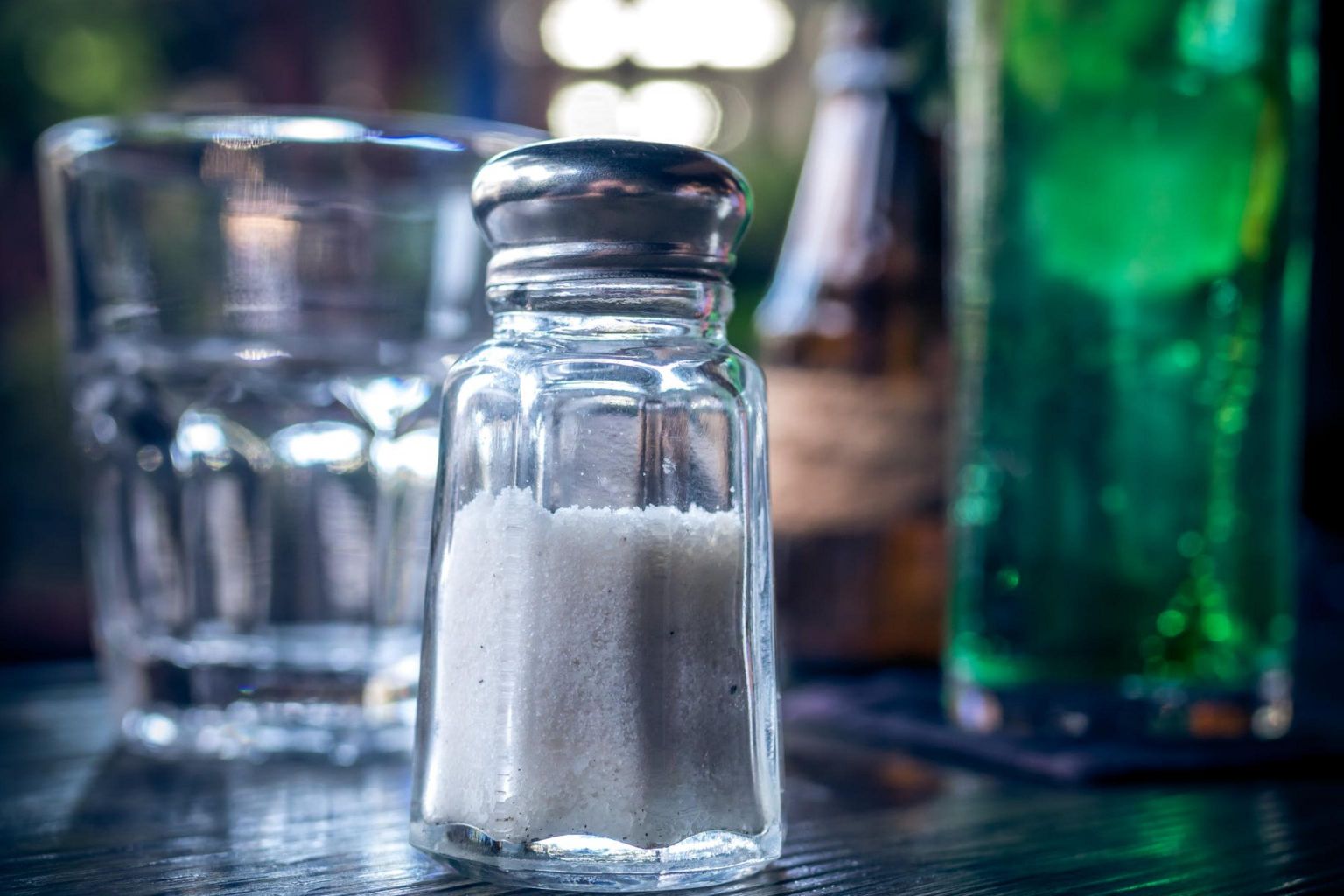Cutting out even a little salt can have big health benefits
Sign up now: Weekly recommendations for the best eats in town

The amount of salt that is safe for people to consume has been embroiled in controversy for a century.
PHOTO: PEXELS
NEW YORK (NYTIMES) - Sometimes, seemingly small changes in a health measurement can make a very large difference to people's well-being. Such is the case with the effect on blood pressure of the essential nutrient sodium, the problematic half of the popular flavouring agent sodium chloride, commonly known as salt.
The amount of salt that is safe for people to consume has been embroiled in controversy for a century, and the debate is unlikely to be resolved anytime soon.
Some people are especially sensitive to sodium's ability to raise blood pressure, but given how common high blood pressure already is, and how difficult it is to avoid consuming too much salt, many experts maintain that the safest approach is an overall reduction in sodium levels in prepared and processed foods.
More than 100 million Americans have high blood pressure, a disorder that increases their risk of heart attacks and strokes, and which, for many people, is made worse by consuming too much sodium.
Just a 4mm rise in blood pressure - say, from 130mm to 134mm of mercury - can jeopardise the health of some people, and the blood pressure of those who are especially salt-sensitive can rise by 10mm or more of mercury on a typical high-salt diet.
In 2010, a Stanford University team estimated that cutting about 350mg of sodium a day (less than a sixth of a teaspoon) would lower systolic blood pressure by only 1.25mm of mercury, yet avert about a million strokes and heart attacks.
A new study conducted in 600 villages in rural China of 20,995 people known to face a high risk of stroke, demonstrated that substituting reduced-sodium salt for regular table salt significantly decreased the rate of cardiovascular events and associated deaths during an average follow-up of less than five years.
Though doctors have long argued that Americans should consume less salt, the wheels of regulatory action turn at a glacial pace, and modifying people's taste buds is equally challenging.
The ongoing problem with salt is thoroughly discussed in an excellent book published last year, Salt Wars, The Battle Over The Biggest Killer In The American Diet, by Michael F. Jacobson, the former executive director of the Center for Science in the Public Interest, a consumer advocacy group based in Washington, D.C.
Tips for cutting down on sodium
Companies have found that gradually lowering the sodium content of their products and making no fanfare about it, like not claiming they're "low sodium", actually fosters consumer acceptance. Most people don't even notice the change.
But you may not have to wait for companies to do the work. For example, you can reduce the salt in many canned foods, like beans, by rinsing them in a colander.
Or try diluting the salt in canned soups by first filling the bowl or pot with fresh spinach and other quick-cooking or precooked veggies before adding the soup and heating it in the microwave or saucepan.
If you hope to enhance your health by cutting down on sodium, one trick is to avoid going cold turkey.
Many have found that it is relatively easy to reduce one's preference for high salt by gradually using and consuming less of it.
As your taste buds adjust, high-salt foods you once enjoyed will probably taste unpleasantly salty and thus easy to resist.
In cooking, rather than adding salt when preparing a recipe, try salting the finished product, which is likely to please your palate with considerably less salt.
Seasoning foods with citrus juices, hot-pepper flakes or other pungent herbs and spices can go a long way to make up for reduced salt.
You might also eat less bread; as a category, bread and other bakery products contribute more to Americans' sodium intake than any other foodstuffs.
But an even greater contribution most likely comes from restaurant-prepared foods.
In lieu of government regulations to limit sodium, consumers might consider writing to producers of their favorite commercial products and asking that they consider lowering the amount of salt used.


